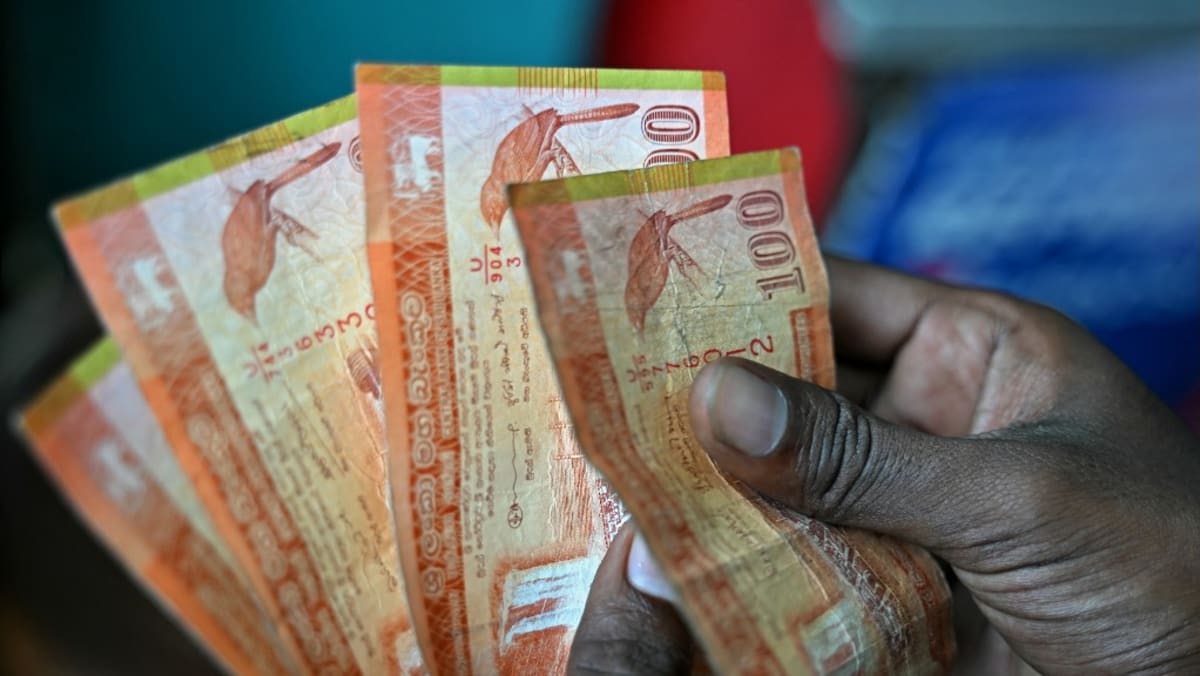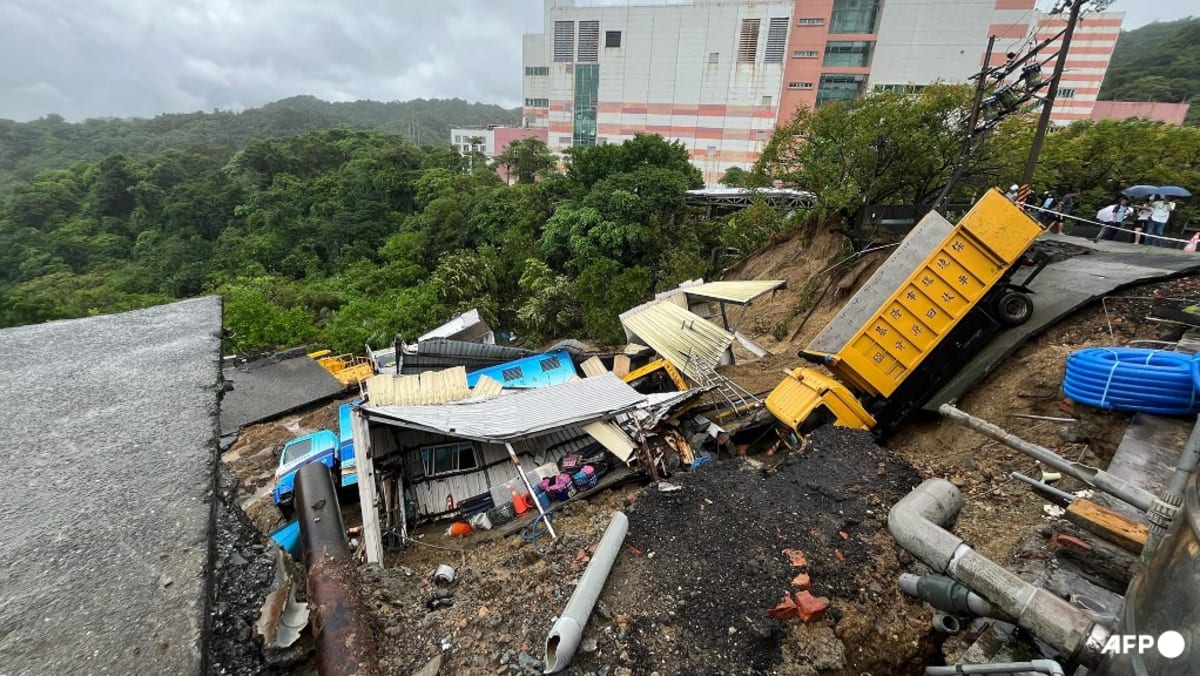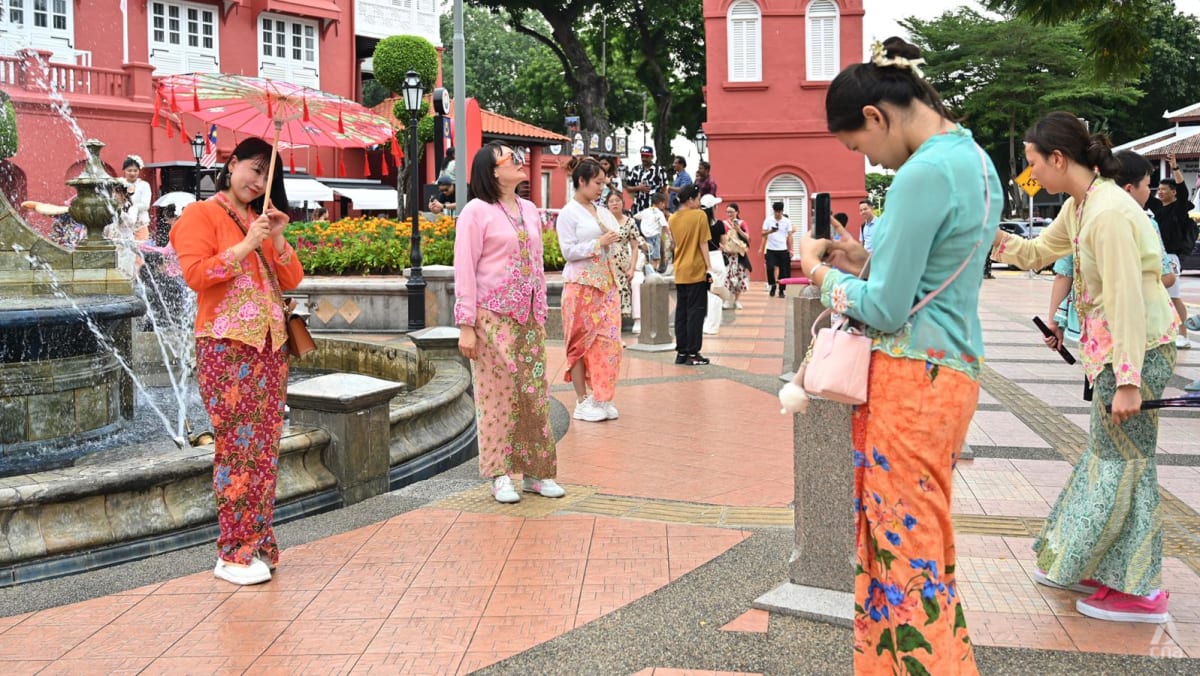While few now tout Koike as a possible future prime minister, as many once did, polls suggest that the media-savvy conservative will win a third straight term in the metropolis of 14 million people.
This will be some relief to the ruling Liberal Democratic Party of deeply unpopular Prime Minister Fumio Kishida which backs Koike, even though she broke away from the LDP in 2017.
The government’s public support rate has been dwindling to around 20 per cent, partly due to a political funds scandal revealed late last year, and Kishida will face the LDP leadership election later this year before a national vote due by late 2025.
The Tokyo vote comes after new government data showed the birth rate hit a record low of 1.20 last year, with Tokyo’s figure 0.99– the first Japan region to fall below one.
PLEDGES OF FAMILY SUPPORT
Both Koike and her nearest rival Renho have pledged to expand support for parenting, with the former promising subsidised epidurals.
“After having their first child, I hear people say they don’t want to experience that pain again,” Koike said, according to local media.
“I want people to see childbirth and raising children as a happiness, not a risk,” said the incumbent, who has campaigned with an AI-version of herself.
Renho, meanwhile, pledged to support young people “and expand their life choices”.
“I will implement genuine long-term fertility measures,” said Renho, who is backed by Japan’s main opposition parties.
“I will also realise transparent fiscal reforms, where everyone can check the situation.”
A dark horse in the race could be independent candidate Shinji Ishimaru, 41, a former mayor of Akitakata in western Japan, recent polls also suggested, with some swing voters preferring him over Koike and Renho.
“If you look away, interest-based politics and pork-barrel projects will rear their ugly heads,” he said in a speech on Saturday, stressing his financial expertise as a former banker.
Turnout was up marginally on the last governor vote, reaching 24.39 per cent by 3.23 pm (2.23pm, Singapore time) on Sunday compared to 23.99 per cent around the same time four years ago, according to Tokyo’s election commission.
Early votes cast through Jul 6 reached 2.15 million, up 20 per cent from 1.75 million in 2020.
A record 56 people are standing in the election, not all of them serious, with one dressing as The Joker and calling for polygamy to be legalised. Others are campaigning for more golf, and poker or just to advertise their premises in the red-light district.
Overall turnout was 55 per cent in the last vote, down from nearly 60 per cent when Koike was first elected in 2016.
Ballot boxes will close at 8pm.














